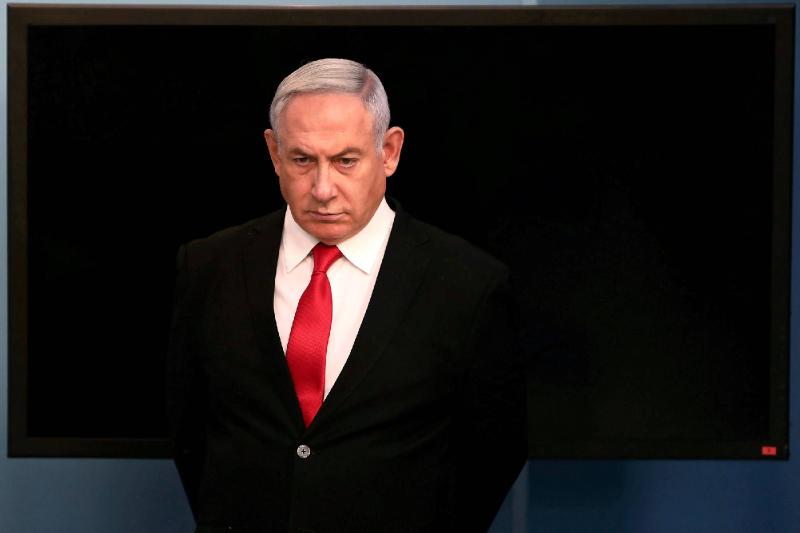Analysis | Security Threats Are Still Hovering Over Israel's Coalition Talks



For two weeks, Gaza fighting and riots in Israel halted all progress on negotiations toward a coalition. But since the war ended, the ball is back in the political court. It appears that a government free of Prime Minister Benjamin Netanyahu now hinges on whether Yamina’s Naftali Bennett can impose party discipline on his five Knesset members, some of whom are unenthusiastic about teaming up with Yesh Atid’s Yair Lapid.
When he warned about the danger Israel faces without himself at the country's helm, Netanyahu combined the Iranian nuclear threat with Israel’s relations with the Biden administration. Later, he cautioned against a security cabinet whose members would include Meretz’s Nitzan Horowitz and Tamar Zandberg. This final claim was especially interesting, coming from the man who, to the astonishment of the defense establishment, gave Miri Regev observer status in the security cabinet.
What kind of damage could Netanyahu do to Lapid and Bennett in the week or so left before their government is sworn in? The left floats paranoid scenarios involving a provocation against Iran, Lebanon or Gaza. But that doesn’t seem likely. The heads of the various security arms appear to be confident enough to thwart any irresponsible moves anyone might try to take.
That leaves Jerusalem. The last round of violence with the Palestinians, which ended with a war in Gaza and clashes between Jews and Arabs inside Israel, started in the capital. Dubious measures taken by the police at the Damascus Gate and Temple Mount inflamed Palestinians and led the Hamas leadership to join in by firing rockets at the Jerusalem region.
However, defense officials who have been asked about it reject the possibility that Netanyahu anticipated the chain of events from Jerusalem to Gaza (Hamas’ decision to launch rockets also caught Military Intelligence by surprise).Still, Netanyahu did give free rein to police in Jerusalem at the start of events , and that’s the kind of rabbit the prime minister may pull out of his hat again by way of his trusty internal security minister, Amir Ohana; the police commissioner; and the Jerusalem police commander. The big question here is about the independence of the commissioner, Kobi Shabtai, who in the last few weeks has fought with Netanyahu and Ohana for greater freedom of action.
The coalition deal Yamina and New Hope are making with Lapid, which aims to evict the Netanyahu family from the prime minister’s official Balfour residence, has brought out Netanyahu’s hard-core supporters. Angry posts on social media have encouraged raucous protests in front of politicians’ homes. People who have seen these Bibi-ists up close talk about the crazy look in their eyes and the atmosphere of violence that pervades.
We’re not talking about thousands of violent people. At no protest or rally has Netanyahu succeeded in recruiting huge numbers to shout in his support. The hard-core supporters who gather in front of the homes of Bennett, Gideon Sa’ar, Ayelet Shaked and others, numbers at most a few hundred people. But the escalating rhetoric and the frequent use of the word “traitor” raise the risk that it will end in real violence.
The security detail provided by the Knesset guards to Bennett has been beefed up, and Shaked has gotten bodyguards for the first time. Social media is being monitored in real-time.
Tags
Who is online
48 visitors

Will Donald's magical return in August be too late to save his Notanyyahoo Mussolini.?